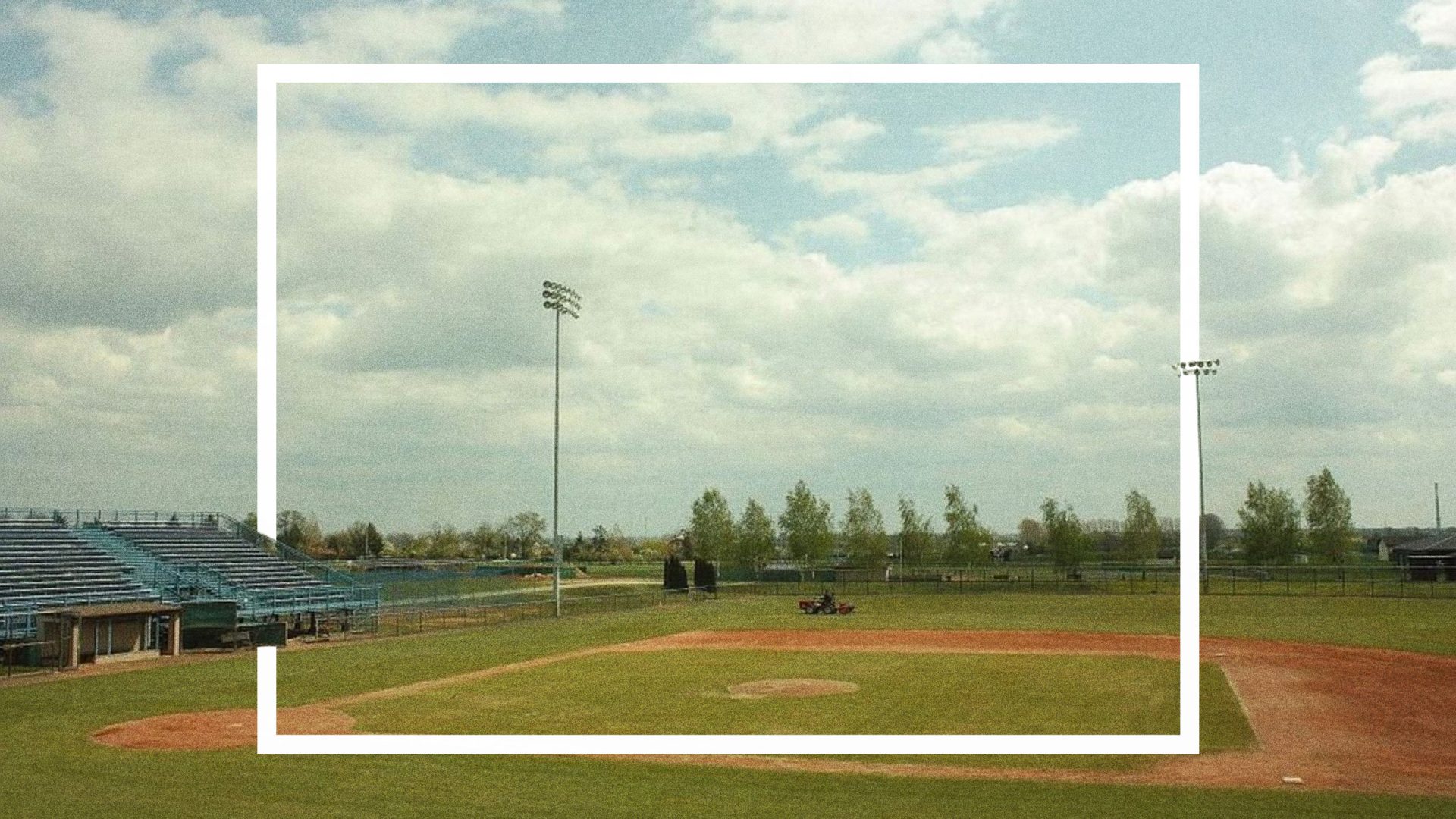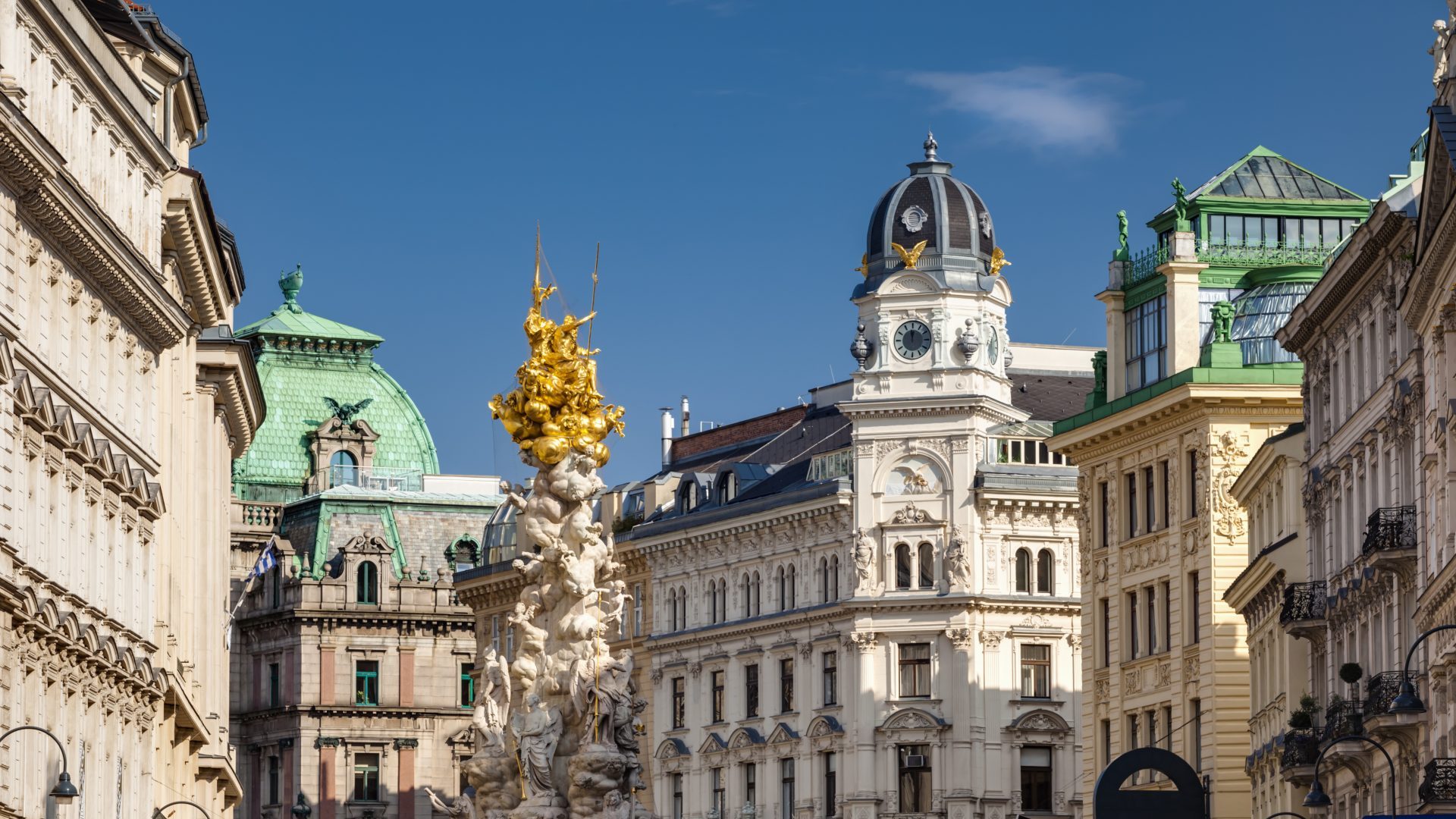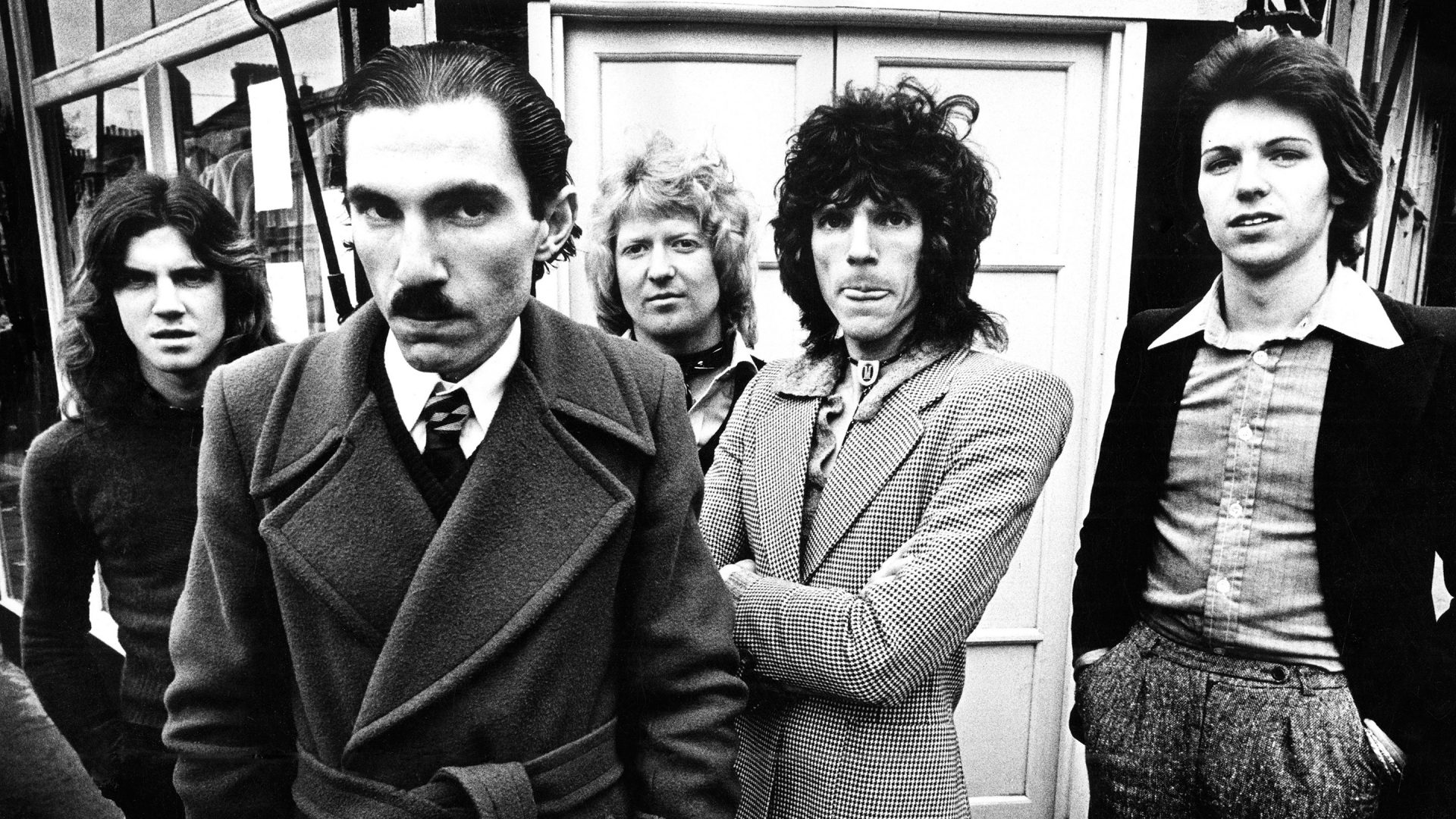A baseball diamond in spring sunshine awaits the new season with intense anticipation. The grass is perfectly cropped, the pitcher’s mound is neat and tidy, the bases have not a single scuff mark. And the stands, soon to be filled with cheering supporters, are silent.
This is Kutno, baseball capital of Poland – yes, Poland. I’m admiring one of five diamonds in the Europejskie Centrum Małej Ligii Basebolowej. Two of them are adult-sized, used by the local club, Stal Kutno. The rest are a smaller, designed to host the European Little League baseball championships every July.
I’m being given a tour of the complex by Waldemar Szymański, the man who was instrumental in bringing a facility that any American city would be proud of to this town of 42,000 people, a couple of hours’ drive west of Warsaw. I wanted to know how this most American of games came to Kutno, but he also wanted to know how I came to Kutno…
I am a sociologist and author. In 2013, I was invited to give a talk at a TEDx event in Kraków. My topic was “small worlds”; how little communities are spaces of quiet heroism and meaning. I suggested to the audience that you can choose a small world at random and you will find interesting and inspiring stories. I challenged them to find something out about a small world I assumed existed but knew absolutely nothing about – Polish baseball.
A few weeks later Giuseppe Sedia, a journalist who had attended my talk, got in touch to tell me that Polish baseball was a bigger deal than I thought. In fact, he’d written an entire article on the subject for the Krakow Post, focusing on the European Little League Baseball Centre – in Kutno.
Kutno? Not only had I already heard of the town, I am also from the town.
Kutno once had a thriving Jewish population. In the 19th century they constituted a majority of the town, but emigration meant that by 1939, Jews made up “only” a quarter of the population. Its most famous Jewish son was the Yiddish novelist Sholem Asch, and today the town holds an annual festival celebrating his work.
My great-grandfather on my mother’s side, Israel Moshe Rojer, emigrated to London from Kutno in the early 20th century. Two of his siblings also emigrated. The four who didn’t leave Poland disappeared without trace during the Holocaust, along with their families.
The coincidence of Kutno, baseball and family left me keen to visit the place. Earlier this year I had the chance to do so, on a memorial tour for Jewish descendants. We visited the cemetery the Nazis destroyed and the abandoned factory that became the ghetto into which the Jews were herded before being sent for extermination at the Chełmno death camp.
It’s understandable that many Jews treat Poland as a place of the dead (postwar Polish antisemitism hasn’t helped). Personally, I also wanted to know that life continued.
I found that life in Waldemar Szymański. While an old man with health problems, his passion for what he had built shone through.
Baseball had been played elsewhere in Poland as early as the 1950s. It was brought to Kutno in 1984 by a Cuban, Juan Echevarria Motola, who had married a local woman. In the late 1980s, Waldemar fell in love with the game at a demonstration event; too old to play himself, his son took up the sport while Waldemar started umpiring and soon became a significant figure in the national baseball association. Aided by the support of the Polish-American player Stan Musial, Waldemar managed to attract the European Little League Centre to the town in the mid-1990s.
Baseball has been good to Waldemar. He travelled the world, attended matches all over the US and became a member of the Polish Olympic Committee. And the world came to Kutno, to his town.
The next day I rejoined the tour and said kaddish for my ancestors at the silent death pits at Chełmno.
It was a strange couple of days. I don’t begrudge Kutno its insistence of living after the extinction of its Jewish population.
But how wonderful it would have been if a baseball-playing Rojer had joined Waldemar in proudly showing off Kutno’s glorious baseball story, in a town where Jews still lived.



